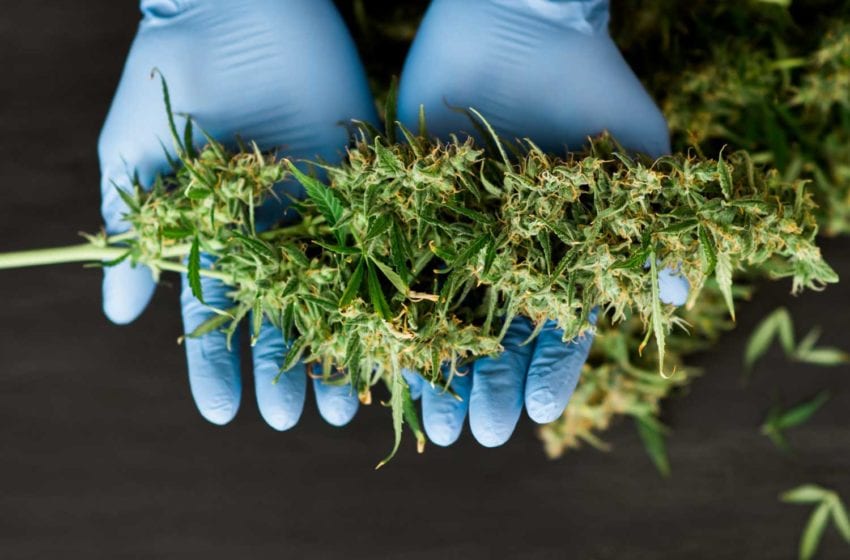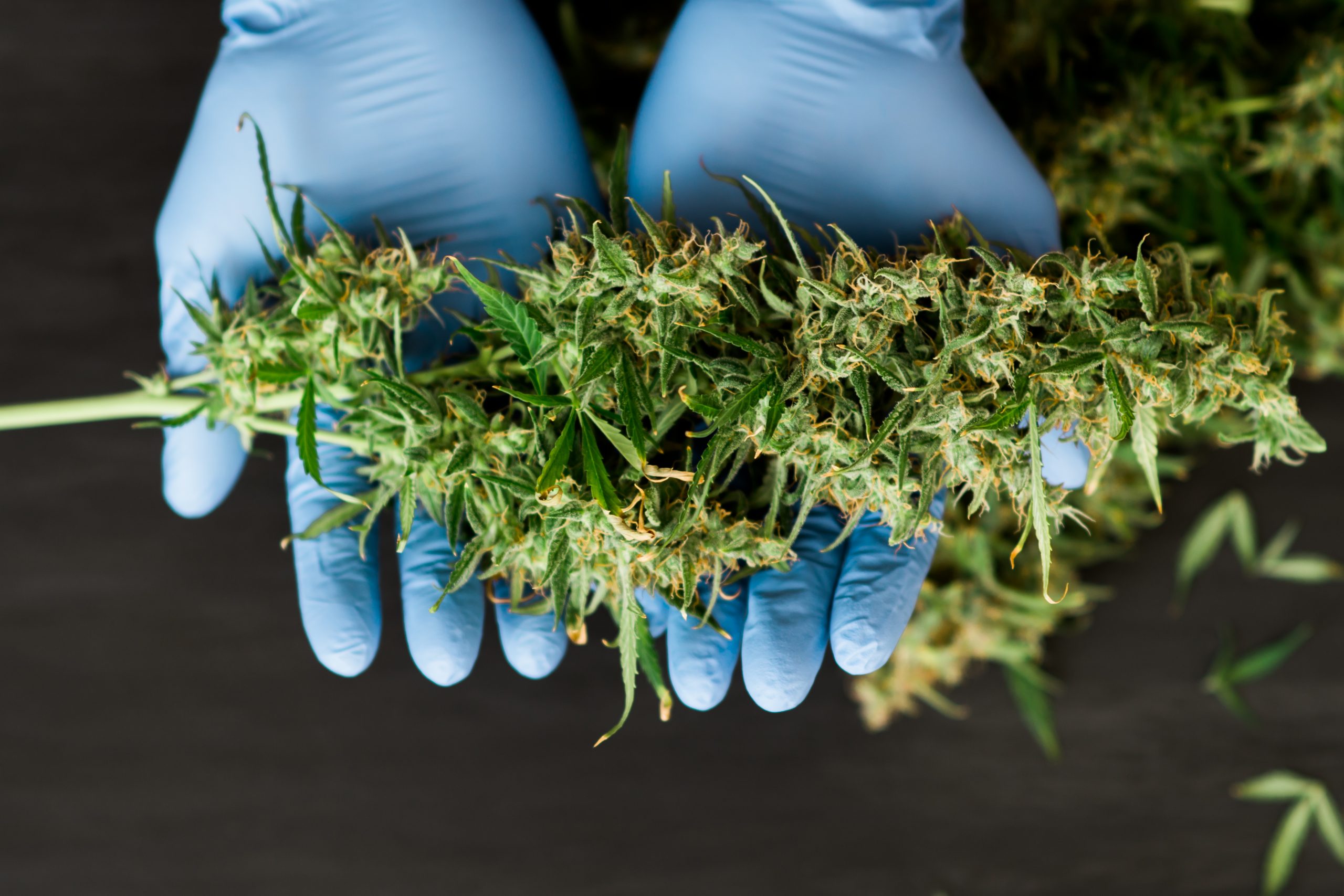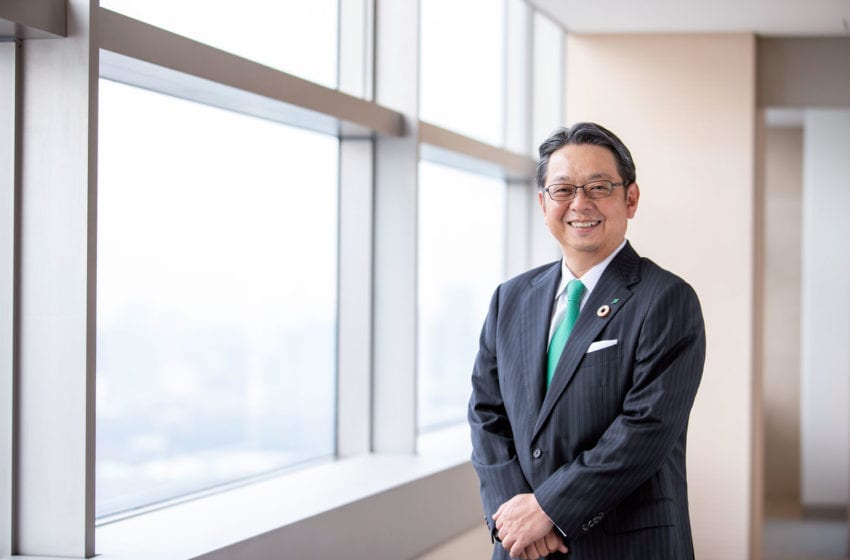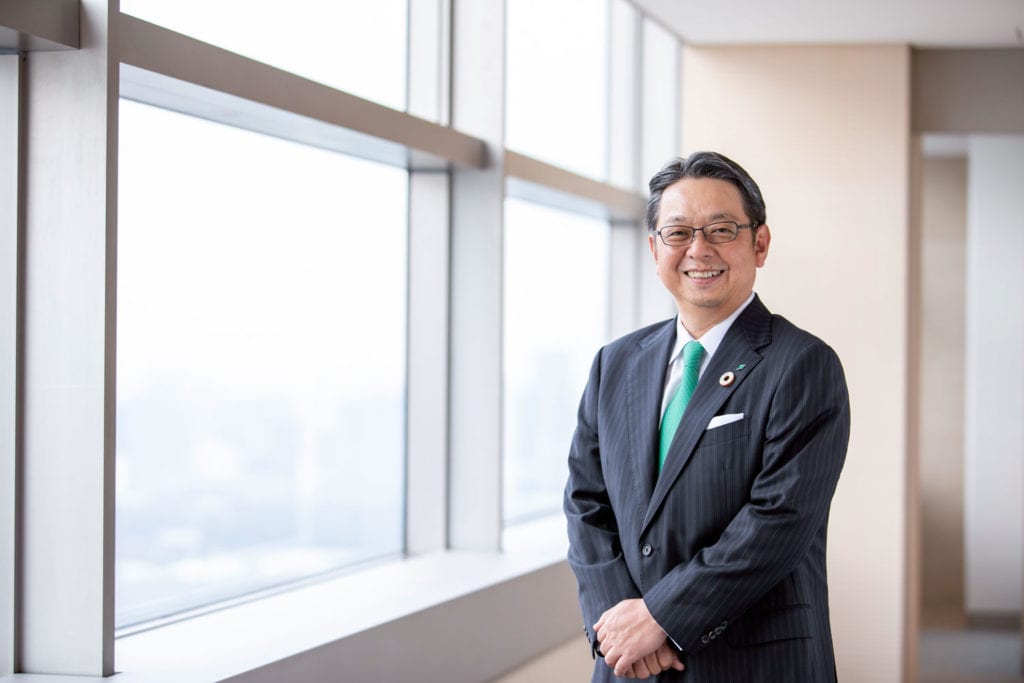
Bina Modi, the chairperson and managing director of Godfrey Phillips India (GPI) has been recognized for her contributions to corporate social responsibility (CSR). The honor was bestowed by the India’s vice president, Jagdeep Dhankhar, during a recent event in New Delhi.
“I am honored to receive this recognition, which reflects the dedication and hard work of every member of the KK Modi Group family,” said Modi in a statement. “Our ‘people-first’ philosophy, which encompasses all stakeholders of our group companies, remains central to our mission of nation-building and giving back to society. Our CSR initiatives predate their legal mandate in India and are strategically aligned with the global sustainable development goals.”
Driven by Modi’s vision, GPI’s key CSR initiatives have focused on access to safe drinking water, soil and water conservation, plantation and biodiversity, eliminating child labor, improving community health and empowering marginalized tobacco farmers in southern India. In alignment with the commitment of GPI’s partner, Philip Morris International, to good agricultural practices, GPI aims to enhance livelihoods while preserving the environment. GPI’s CSR initiatives were also given a special mention by Control Union, a globally renowned testing, inspection and certification organization.
Modi emphasized the symbiotic relationship between environmental sustainability and community welfare. “We’ve taken proactive steps to establish biodiversity parks, safeguarding and revitalizing native flora and fauna,” she said.
“I am also deeply committed to a bold initiative of large-scale plantation in a semi-arid region of Andhra Pradesh, a state in southern India. We implement check-dams, farm ponds and regular pond de-siltation to promote water conservation in the rain-starved region, enabling farmers to access a secondary water source for cultivating additional crops. By nurturing our environment, we not only preserve natural resources but also create resilient communities capable of thriving in the face of challenges.”
In addition to her dedication to farmer communities, Modi is passionate about the education and empowerment of young girls and women. Through the Khushi project, she aims to sponsor the education and vocational aspirations of rural girls nationwide.
Modi’s recent honor follows earlier recognitions such as Women Empowerment in Leadership and Outstanding Businesswoman of the Year.

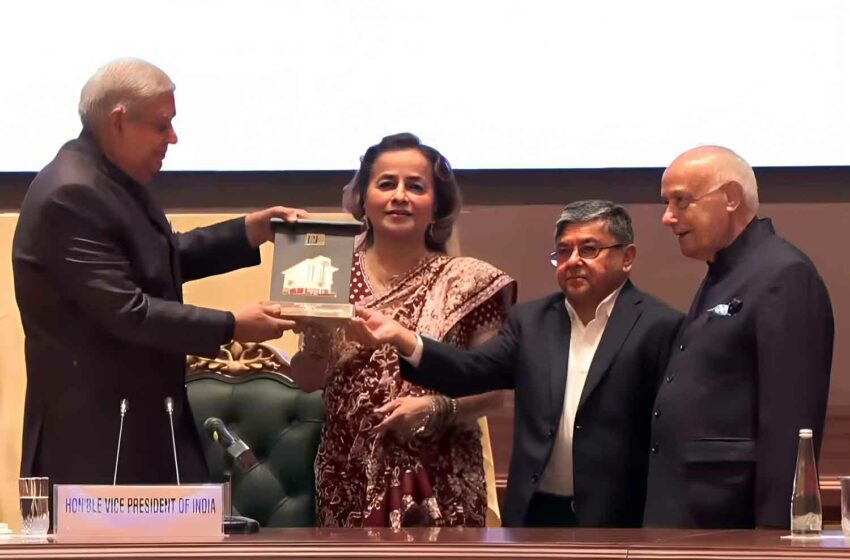
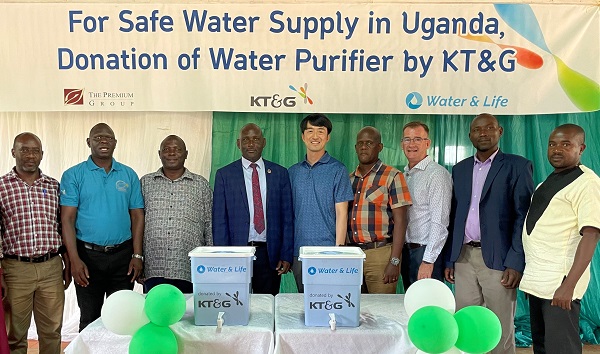







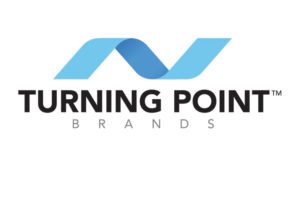 Turning Point Brands announced financial results for the first quarter ended March 31, 2024.
Turning Point Brands announced financial results for the first quarter ended March 31, 2024.

